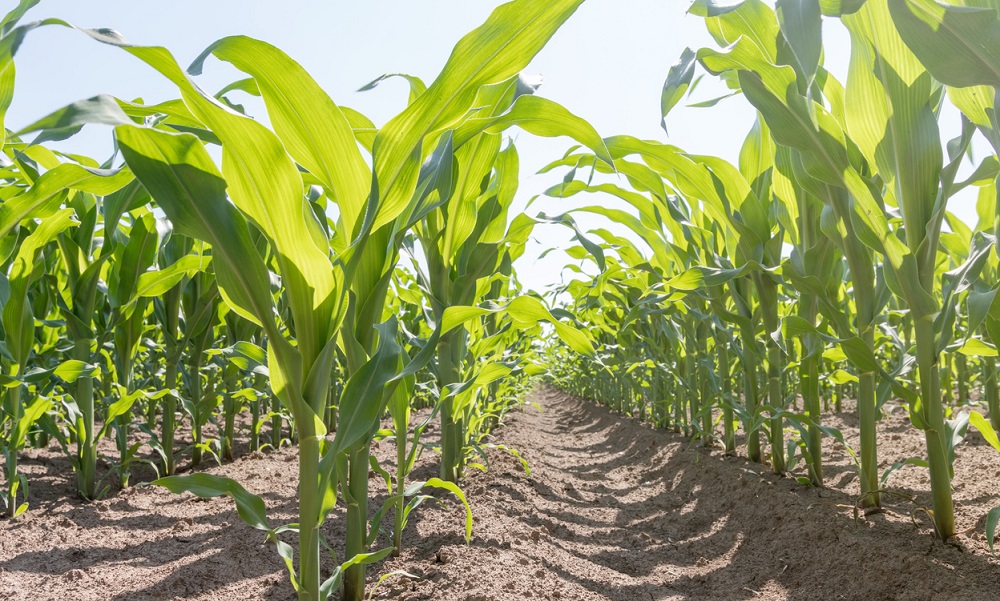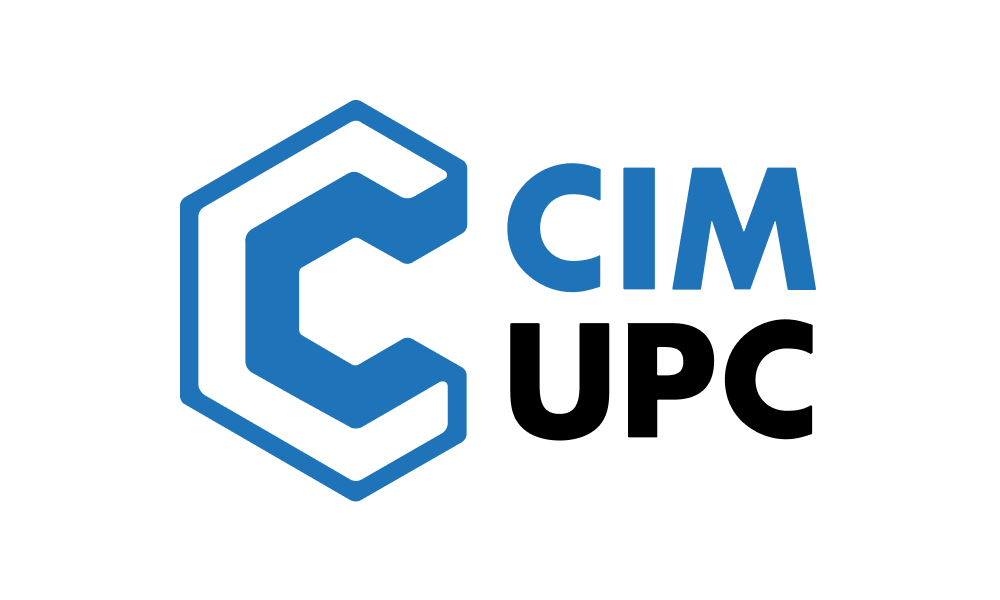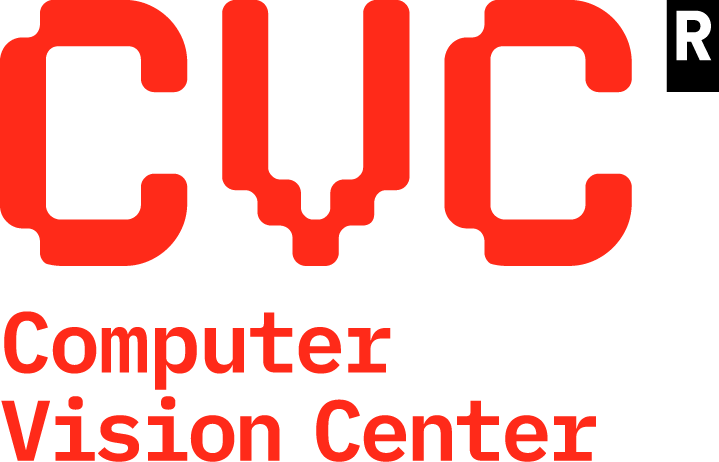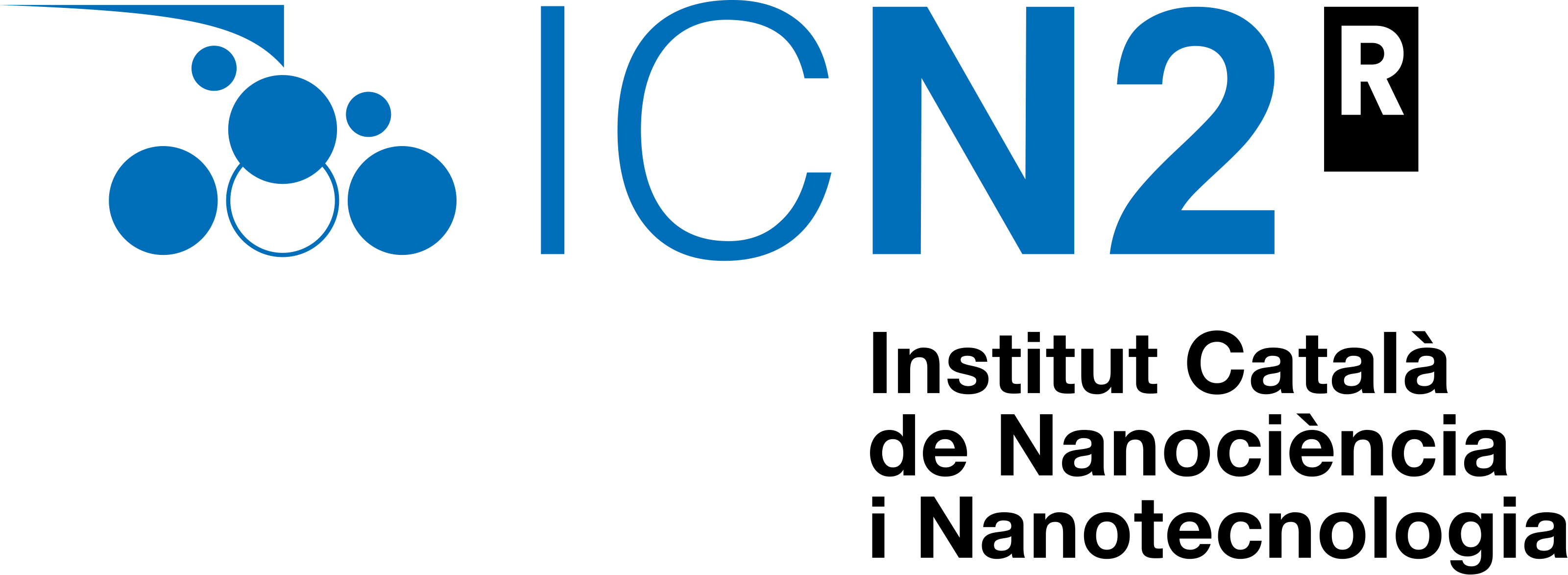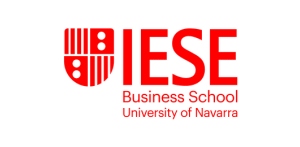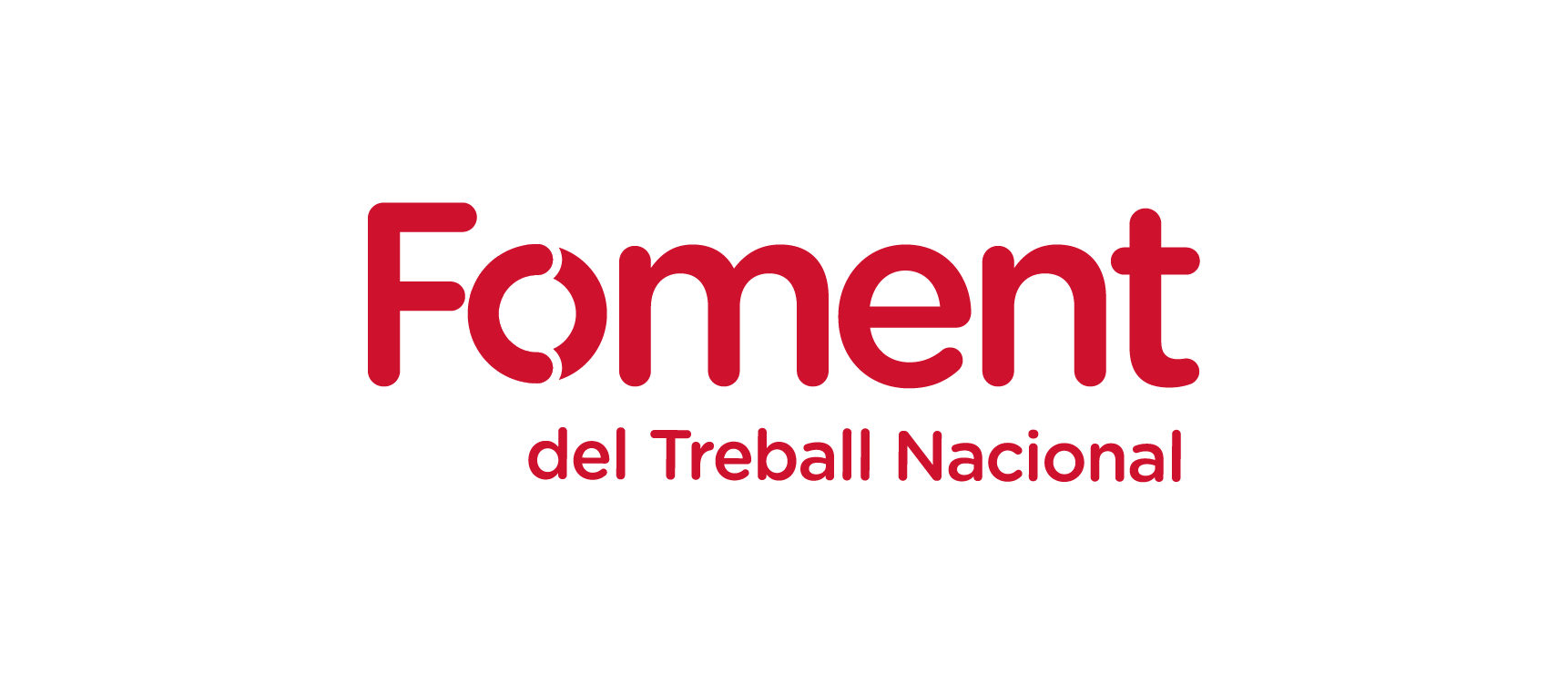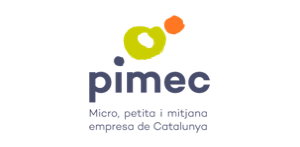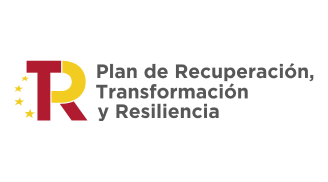Sequentia Biotech Develops a Platform to Sequence RNA from Crops and Enhance Their Growth
The platform uses big data technology to extract hundreds of millions of RNA sequences from each plant. This data is analyzed to optimize the use of biostimulants, which improve nutrient absorption and support growth during droughts or pest attacks
- 12/12/2021 11:15
The project has received support from the TECNIOspring PLUS program, funded by ACCIÓ and the European Union, which fosters the recruitment of experienced talent for Catalan companies and R&D organizations
The Catalan company Sequentia Biotech has developed a big data-based platform that monitors the use of biostimulants in crop fields to analyze plant health and boost growth. The technology collects extensive RNA data from plants and transforms it into visual graphs to better understand how vegetation reacts to biostimulants. These biostimulants include microorganisms like fungi, bacteria, or yeasts, as well as extracts such as amino acids, hormones, and chemical compounds.
The project has been supported by ACCIÓ—the business competitiveness agency under the Department of Business and Labor—and the European Union through the Horizon 2020 program under grant agreement MSCA 712949. This program fully funds the hiring of researchers and promotes the incorporation of experienced talent into Catalan companies and R&D entities. Thanks to this grant, Sequentia Biotech hired Catalan researcher Alfonso Saera in 2019 to co-develop the project.
The process starts with extracting RNA from plant leaves or fruits in the laboratory using a series of biochemical techniques. These methods gather critical information about the plant, such as its ripening stage, root development, signs of drought stress, or fungal infections. The collected data is uploaded to the cloud and displayed on a web-based platform.
According to Sequentia Biotech’s CSO, Riccardo Aiese Cigliano, “We can extract hundreds of millions of RNA sequences from each plant. This allows us to provide straightforward answers about how a plant responds to a specific biostimulant, for instance, during the fruit maturation process.” He added, “We are the first company in the sector dedicated to processing this type of data for agriculture, specifically focusing on biostimulants—a field that remains relatively unknown both in Catalonia and across Europe.”
Researcher Alfonso Saera noted, “Next year, new European legislation on biostimulants will come into effect. It will require producers to demonstrate the efficacy of their products and their impact on crops.” He emphasized, “Until now, there hasn’t been clear regulation for biostimulants. Our technology facilitates the registration of new biostimulants.”
The platform is currently in its beta phase and will be presented to the industry this December during the Biostimulants Europe 2021 conference.
Founded in 2013 in Barcelona and employing 16 people, Sequentia Biotech also launched a spin-off three years ago called Tricopharming, which specializes in optimizing plants that produce medicinal and aromatic compounds. In addition to its expertise in agriculture, the company operates in the health and industrial biotechnology sectors.

